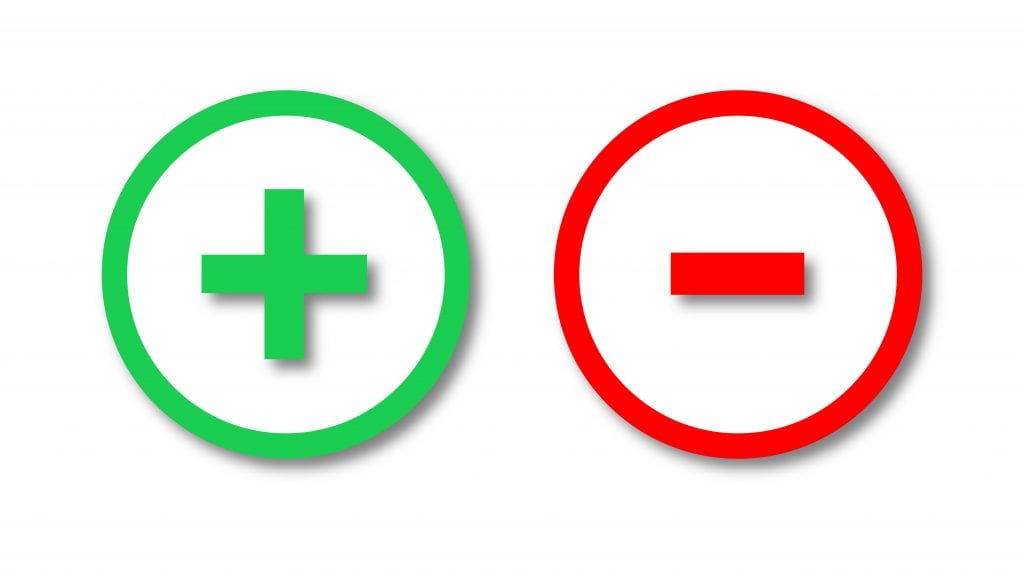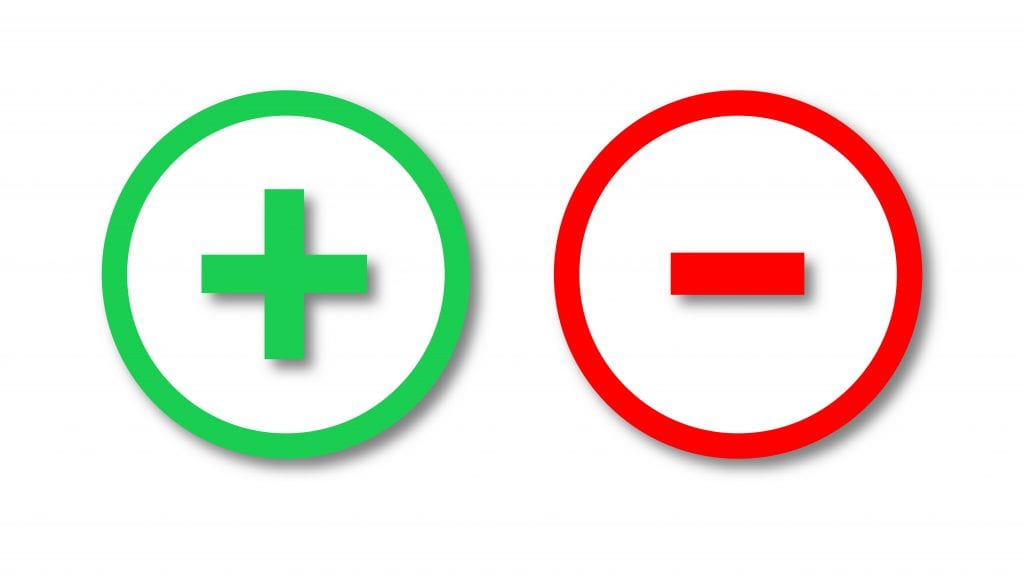Nonexempt Employees
The U.S. Department of Labor (DOL) permits employers to deduct a loan or advance of wages to an employee from their wages, even if the deduction causes their pay to drop below the minimum wage. When nonexempt employees take paid leave, despite exhausting their available time off, they are, in effect, receiving an advance of wages.
According to the DOL, deductions for advanced paid leave from nonexempt employees’ final wages are permissible as long as:
- You, the employer, communicated the unearned vacation/leave policy to your employees prior to them receiving the paid leave advance.
- The advanced paid leave is deducted at the same hourly rate paid to employees when they received the advance.
Although this deduction is permitted by federal law, state law may differ. For example, the state may allow deductions for paid leave advances from final wages if the employee has voluntarily signed an agreement to pay back the advance. Or it may forbid the deduction altogether.
Exempt Employees
Generally, salaried employees who are exempt from the Fair Labor Standards Act (FLSA) minimum wage and overtime pay provisions must receive their full salary for any week in which they worked, regardless how many days or hours they worked.
The FLSA has specific conditions under which deductions can be made from exempt employees’ salaries:
- The employee is away from work for one or more full days because of sickness or disability, providing the deduction is done according to a bona fide sick leave or disability plan, policy or practice.
- The employee is away from work for one or more full days because of personal reasons, excluding sickness or disability.
- During the first or final week of employment if the employee fails to work the entire week.
FLSA-permissible deductions from an exempt employee’s pay must be made in full-day increments. Therefore, deductions for paid leave advances from an exempt employee’s salary can be done only for full days taken, not for partial days taken. The FLSA also states that deductions for full-day absences may be made before an employee has qualified under the plan, policy or practice, and after they have exhausted their leave allowance. These deductions are permitted, provided the guaranteed weekly salary is maintained.
The FLSA does not specifically say whether deductions for paid leave advances can be made from an exempt employee’s final paycheck so be sure to seek legal counsel; and remember that states have rules deductions from exempt employees’ pay.

Copyright 2019









